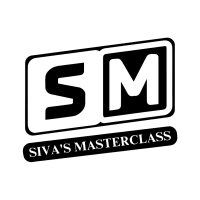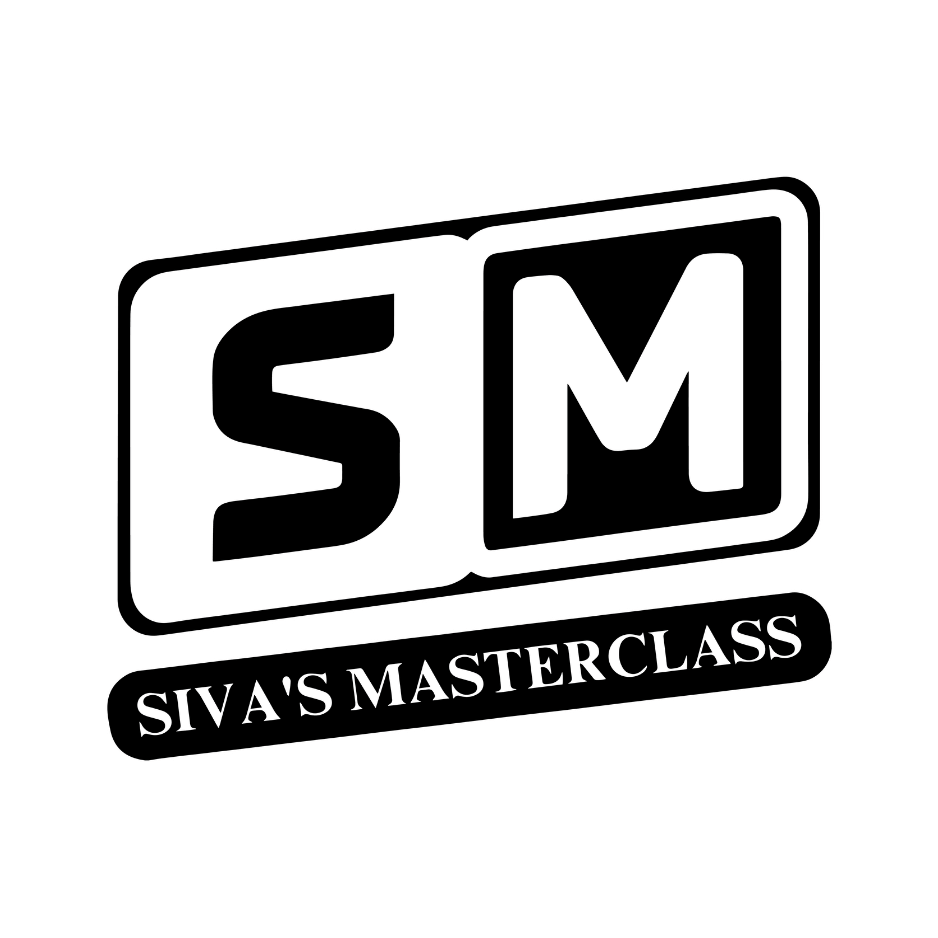7 Essential Study Techniques to Boost Your Learning by Mr. Siva
7 Essential Study Techniques to Boost Your Learning by Mr. Siva

Mr. Siva, an experienced educator and mentor, has spent years helping students achieve academic success with effective study strategies. His passion for teaching and dedication to student success have made him a respected figure in the education community. Through his guidance, students have learned that the secret to great results isn’t just about studying hard—it’s about studying smart.
In this post, Mr. Siva share seven essential techniques inspired by Mr. Siva’s approach to learning, each one designed to help you retain more information, stay organized, and approach your studies with confidence.
Whether you’re a student preparing for exams or someone wanting to improve your knowledge retention, effective study techniques are key to reaching your goals. Here’s a collection of powerful strategies that can help you study smarter, not harder.
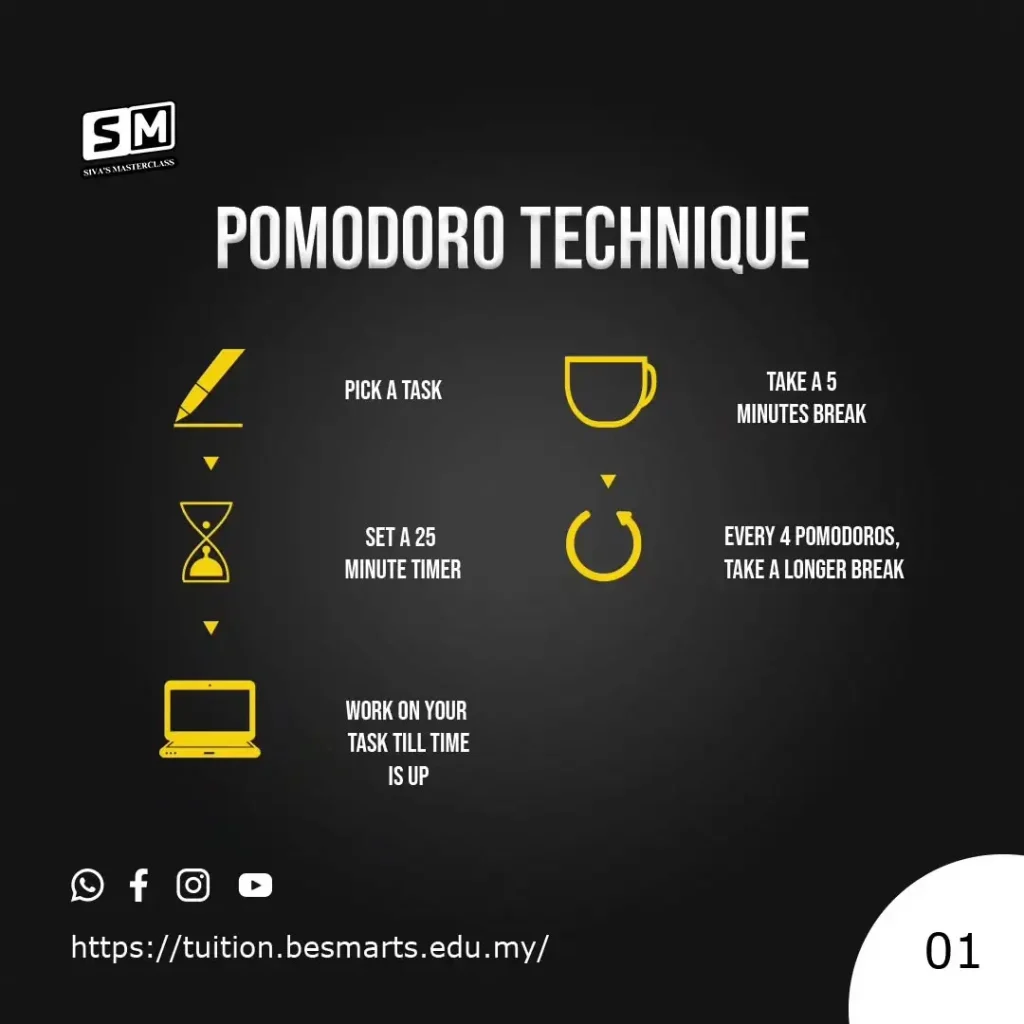
1. Use the Pomodoro Technique for Focused Studying
The Pomodoro Technique involves studying for 25 minutes and then taking a 5-minute break. After four cycles, you take a longer break. This approach can help keep you focused, prevent burnout, and maintain your energy levels.
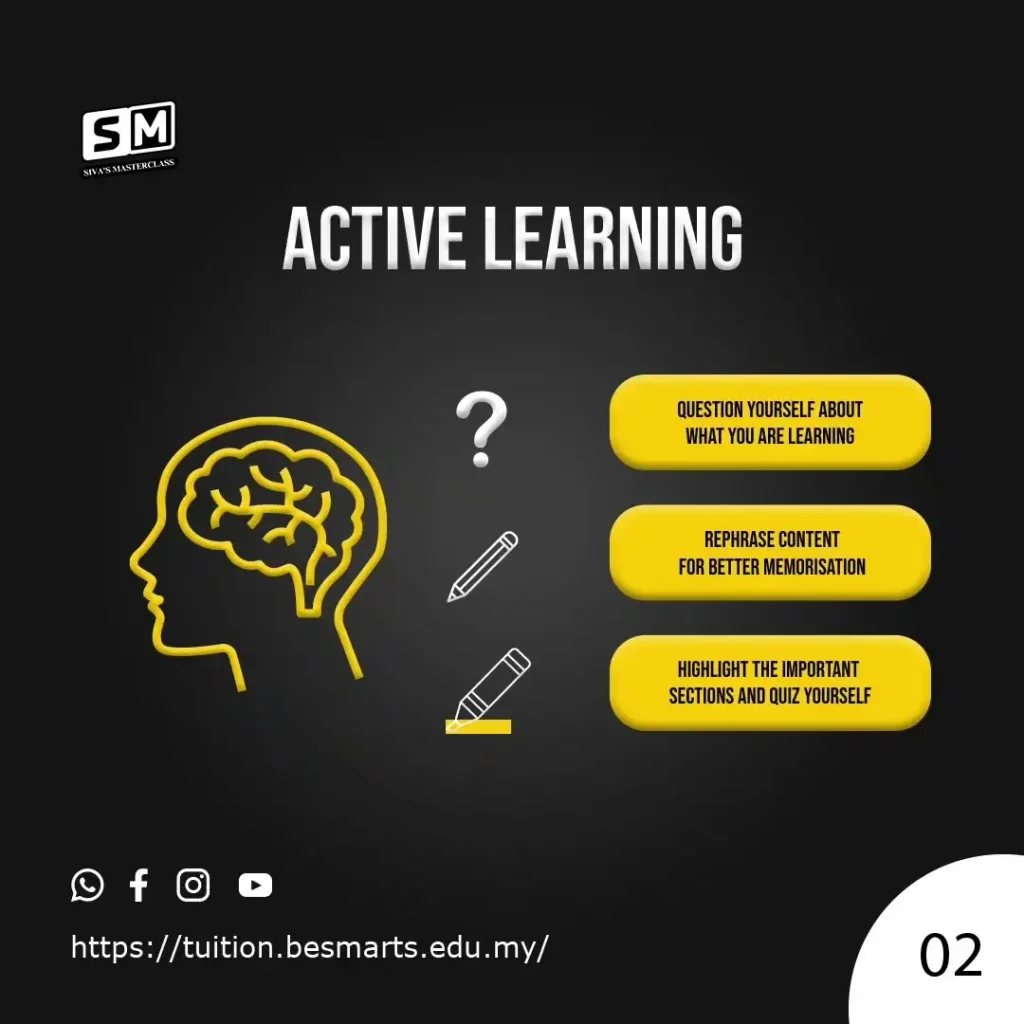
2. Embrace Active Learning
Passive reading or highlighting isn’t enough; try active learning methods like self-quizzing, explaining topics in your own words, or teaching someone else. These techniques help you engage deeply with the material.
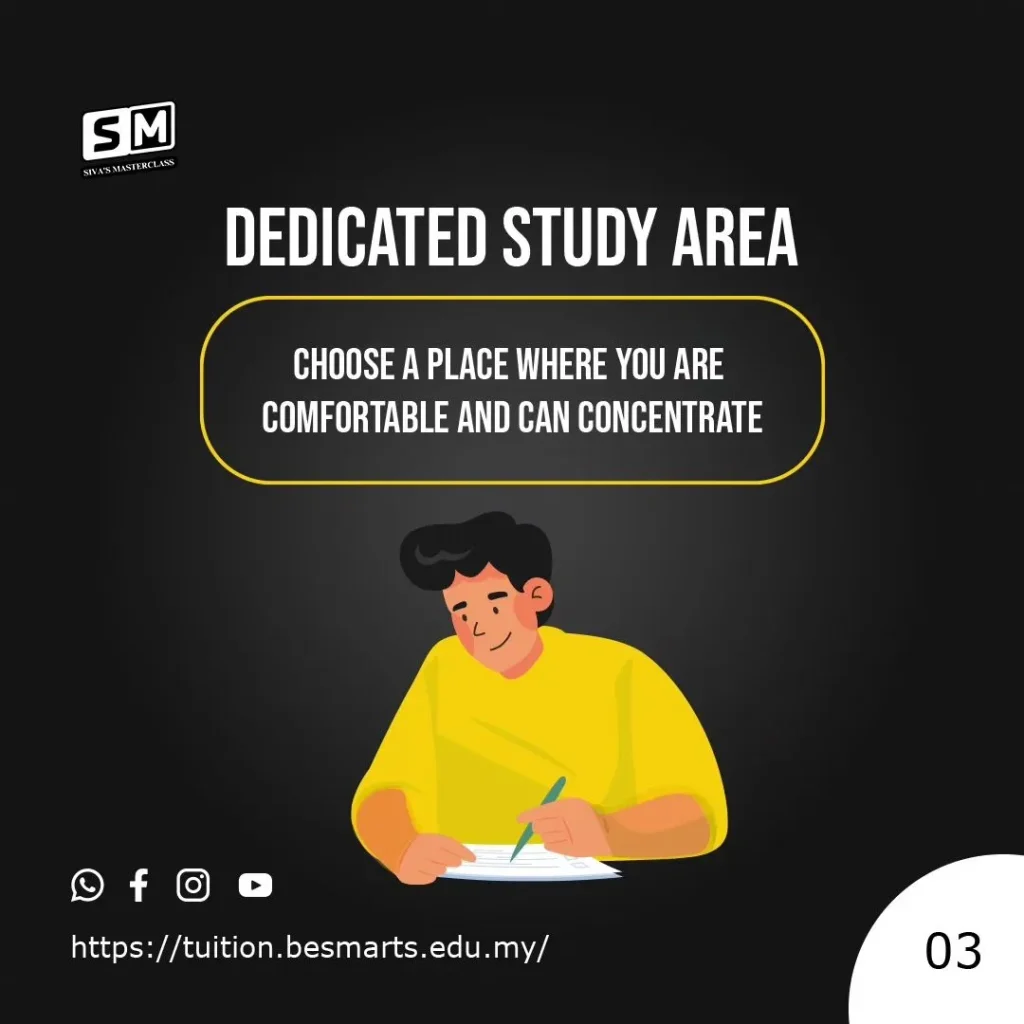
3. Create a Dedicated Study Area
A dedicated space for studying, free from distractions, can help signal to your brain that it’s time to focus. Arrange your study area with only the essentials to avoid distractions and stay organized.
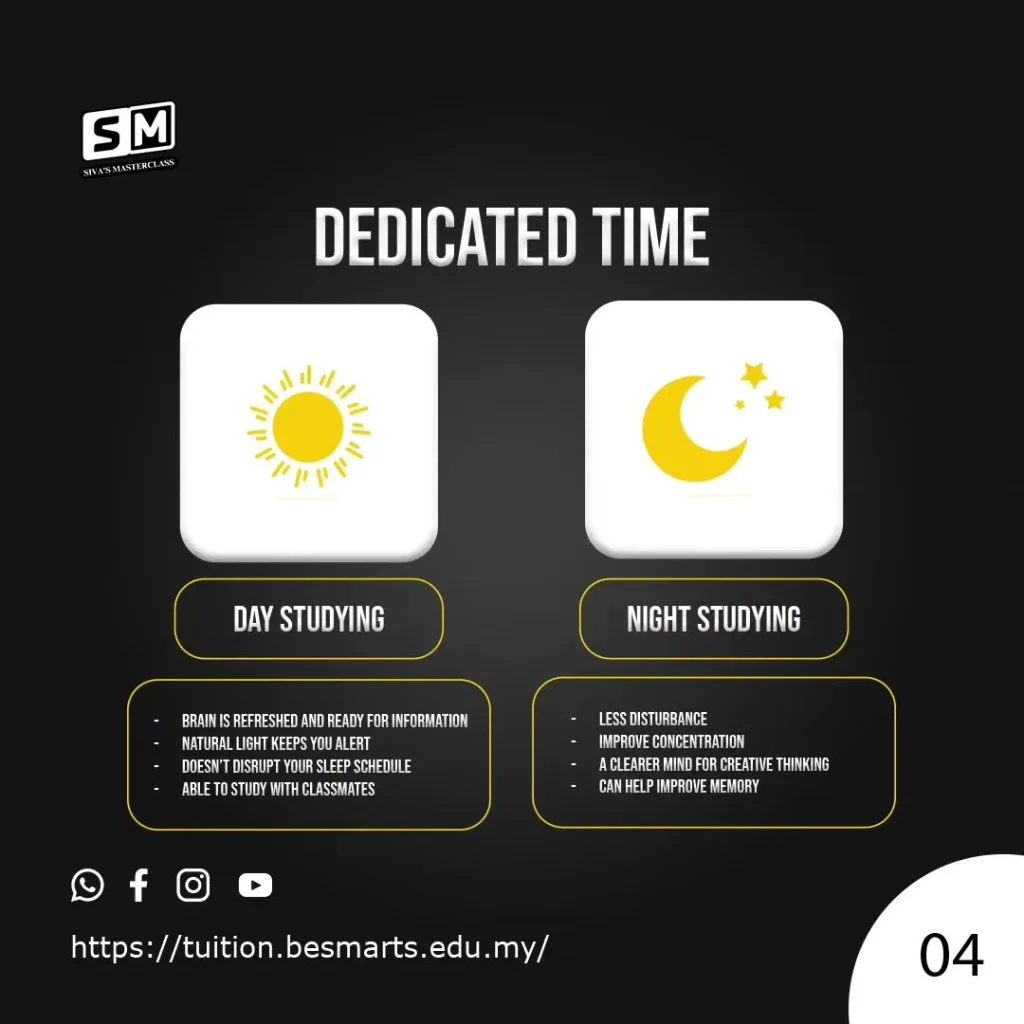
4. Set Aside a Dedicated Study Time
Scheduling study sessions at specific times each day creates a routine, helping you stay consistent. This consistency is essential for building strong study habits and reducing procrastination.
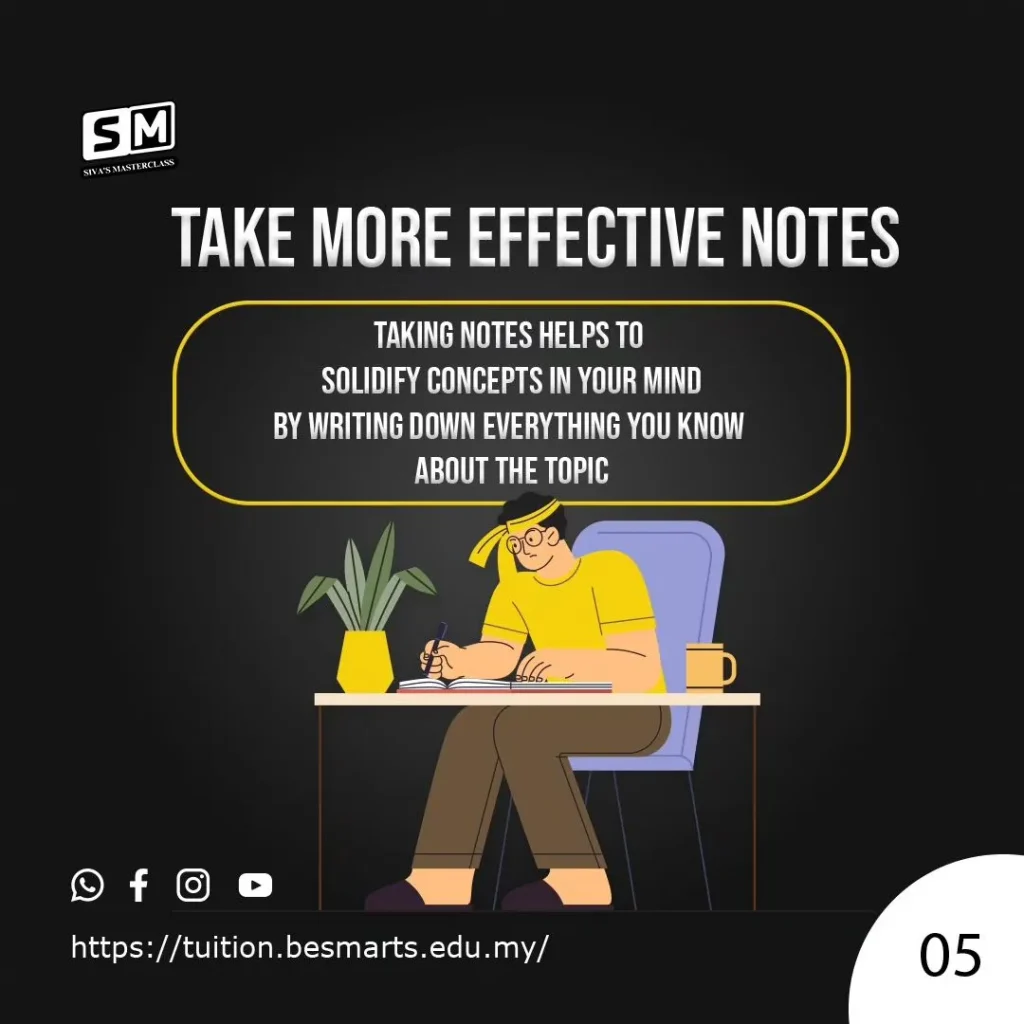
5. Take More Effective Notes
Experiment with different note-taking methods, like the Cornell method or mind mapping, to find what works best for you. Organizing your notes can help improve understanding and retention.
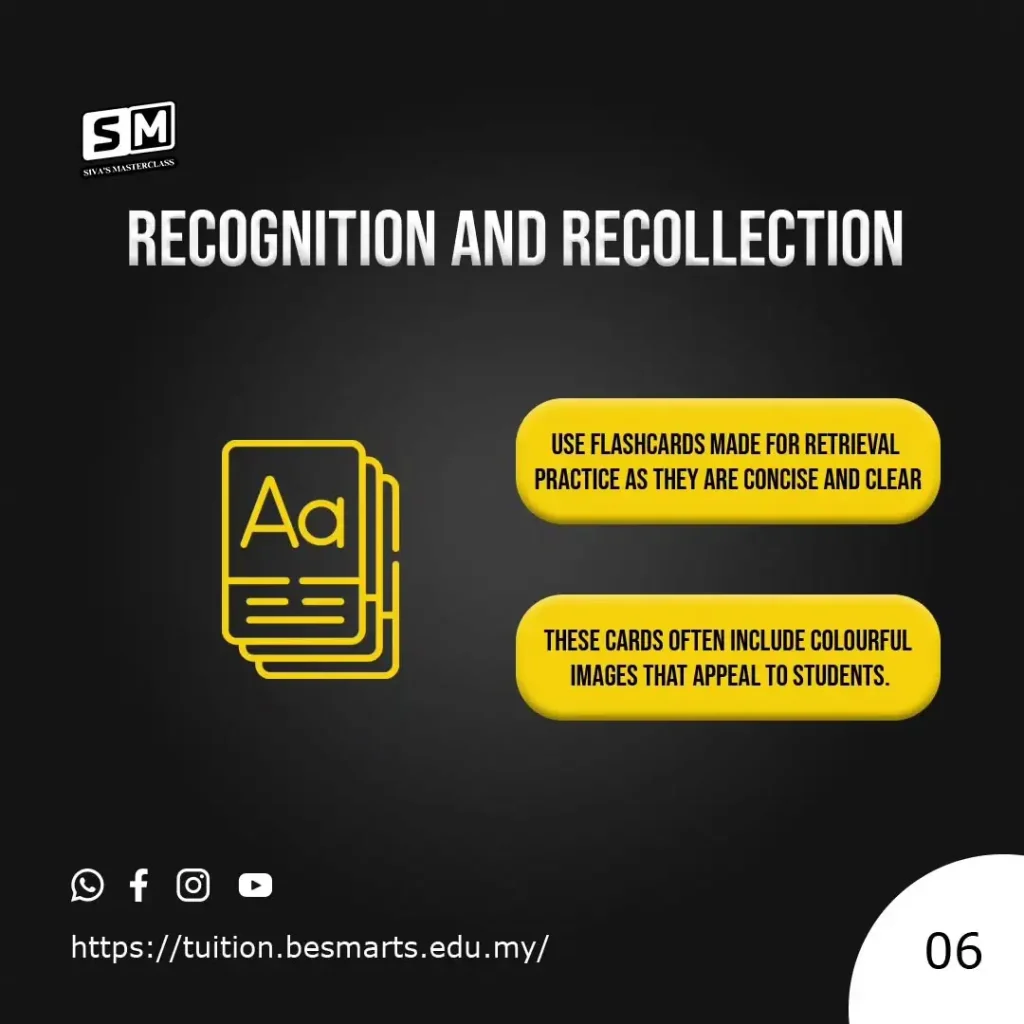
6. Practice Recognition and Recollection
Recognition (seeing the information and recalling it) and recollection (retrieving it from memory) are both important. Test yourself on material rather than just reading it to strengthen these skills.
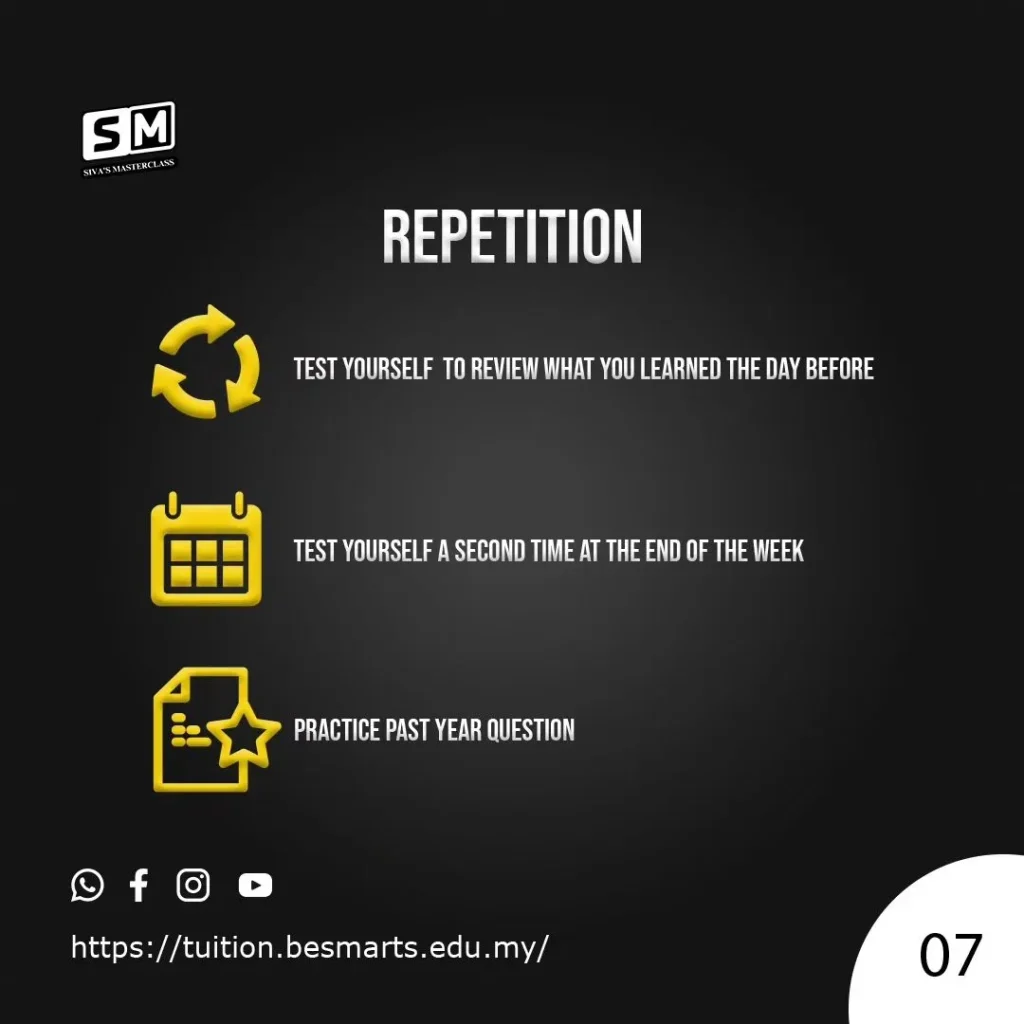
7. Repetition Is Key
Revisiting material multiple times helps move it into long-term memory. Space out your study sessions to avoid cramming and allow your brain to process the information.
